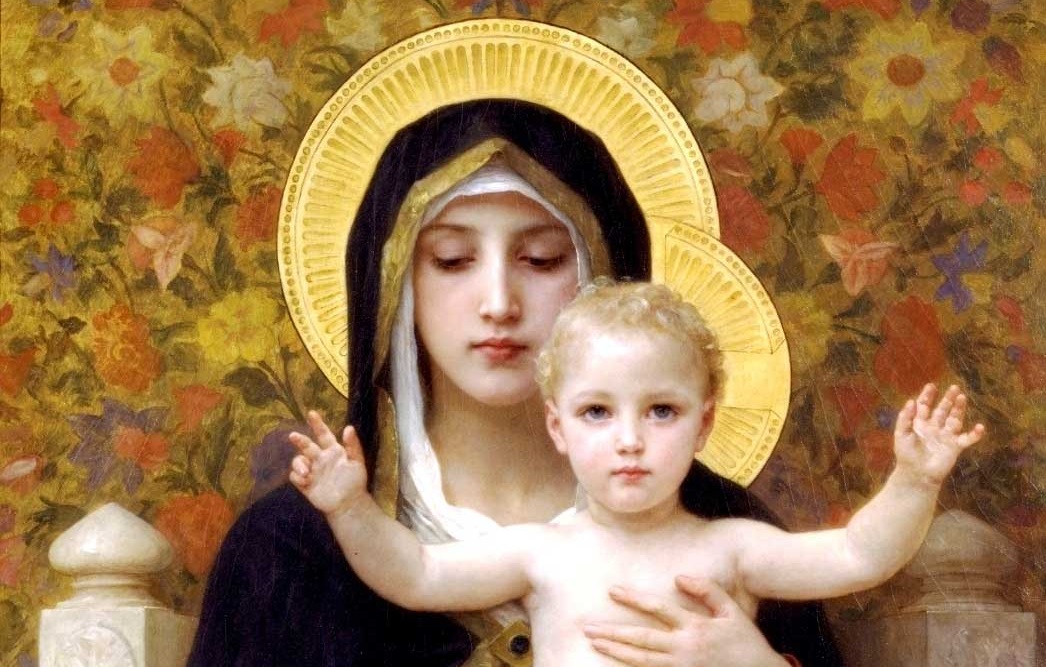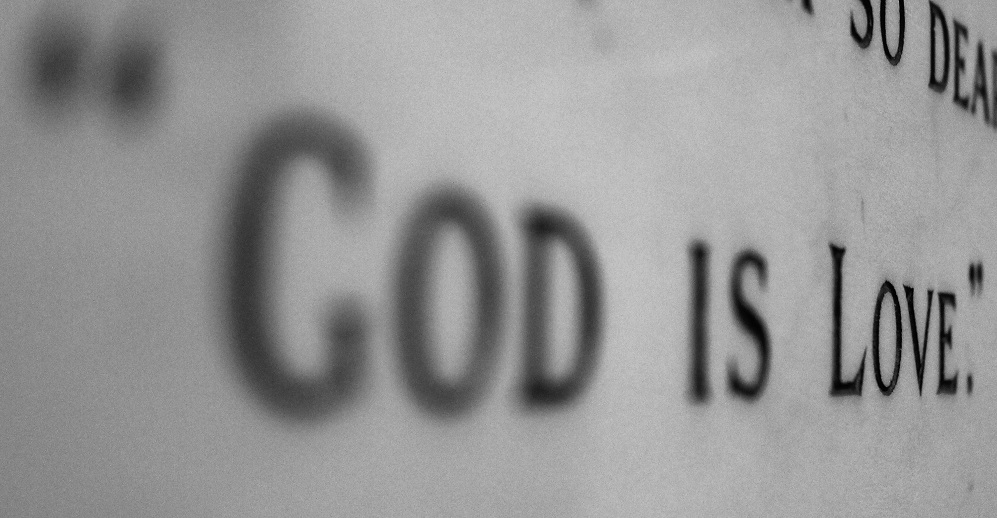I stared at what I’d typed into Google. The blinking cursor was silent, patient, waiting for me to hit enter.
Verses in the Bible about abortion.
Blink. Blink. Blink.
I didn’t know what I was about to face. I knew I was about to wade chest-deep into pretty intense anti-abortion territory, a place where I would be jumping at shadows, wondering how much of what they said would be misrepresentations or merely misconceptions. But, I wasn’t looking for their argument– I only wanted to know where I needed to go looking. Finally, I hit enter, and started digging through the websites, writing down every single reference I could find. Eventually I closed out of the screen, shut down my computer, and started reading.
Over the next few days, I had sorted everything into patterns. First, the Bible seemed to be silent about abortion, which wasn’t initially a problem. The Bible isn’t comprehensive, and it’s not unusual for it not to mention issues that seem vitally important today. Arguments were made from a variety of ideas:
1. Human beings are made in the image of God (Genesis 1, James 3, Acts 17). This is an important idea for the pro-life movement, because it’s the primary motivation for being pro-life. The imago dei is what makes human life sacred. The imago dei, not sentience, is what separates man from beast and makes humanity special. We are the children of God, made in his likeness. And while the doctrine of imago dei is one of the doctrines of Christianity that I cling to tenaciously– it is one of the most beautiful ideas in my entire religion— it doesn’t necessarily answer the question I had about conception.
2. Children are to be valued (Psalm 127, Matthew 18, Ephesians 6). I was familiar with this argument primarily from my research into Natural Family Planning; their stance toward contraception is rooted in this concept. They value the lives of children and believe fervently, earnestly, that children are a gift, a blessing . . . but again, all of this is merely a rhetorical connection– and a fragile one at that. It doesn’t answer the question when does life begin?
3. There is life, even in the womb (Psalm 139, Psalm 22). These were the verses I was intimately familiar with. David, the psalmist, uses the image of himself in his mother’s womb in his poetry. But, as a student of literature, I had to ask the question: is a metaphor used in a poem enough? And what did these verses actually say? They were usually a testament to God’s fore-knowledge, in a similar sense that David also uses the metaphor of “the foundations of the earth.” And, again, I wasn’t denying that there is life, whatever it is, in the womb.
And none of these verses talked about identity, or personhood, or being-ness, but about what God knows. I realized that the fact David had chosen this metaphor was significant. He chose something so deeply mystery, a miracle beyond the comprehension of ancient civilization, to talk about what God understands, but he did not. The miracle of life being created in the womb has been one of the constant images in ancient religion; it was a process held as sacred and enshrined in idols, altars, symbols . . . He didn’t understand it anymore than I did, and that was why the metaphor was so poignant, why it mattered. It was beautiful, this metaphor, because of the not-knowing; David was trusting God with what he knew he couldn’t understand.
It took me a few days to grapple with all of these things, and I was left with just as much confusion as when I’d started. Months went by, and I was ready to give up entirely, when this showed up in my facebook feed in July:
In other words, this potion of “bitter water” will have no effect if the woman has been faithful, but if she’s cheated on her husband and gotten pregnant, it will rot her body and cause her to have a miscarriage. Whether or not you believe in this sort of black magic, the people who wrote it clearly did, and that tells us something about their worldview.
I couldn’t sleep that night.
At first, I didn’t even know what the hell the author, Adam Lee, was talking about. The concept that there was a passage in the Bible that not only allowed but mandated abortion was so utterly foreign to me I couldn’t- couldn’t— wrap my brain around it. And it wasn’t because I’d never read this passage before– I’ve read the Bible all the way through at least a dozen times, thanks to my fundamentalist upbringing. I’d never heard a sermon preached on Numbers 5, that was true, but I had to have been aware that this passage existed.
How did I miss this?
So, I went back and read the verse he cited in the version I would have read it in before:
And when he hath made her to drink the water, then it shall come to pass, that if she be defiled, and have done trespass against her husband, that the water that causeth the curse shall enter into her, and become bitter, and her belly shall swell, and her thigh shall rot: and the woman shall be a curse among her people.
That was a really big difference from the version Adam Lee had cited, which used the word “miscarry” instead of “thigh shall rot.”
So why did some versions translate this miscarry? How accurate of a translation was this? Was this passage talking about a woman becoming barren and diseased (which . . . still problematic), or was it talking about God– or the “bitter waters”– causing an abortion?
The first thing I did was write letters to all of the organizations that had decided to translate it miscarry, asking what their linguistic support was. The only organization that responded at all was Biblica, and they really didn’t offer the evidence or support for their decision.
It was obvious I was going to have to look for answers on my own. But, I was going to have to do it with the handicap of knowing next to nothing about Hebrew (outside of a single semester in college and sleeping on Strong’s Concordance every night as a child). It didn’t take me long, however, to find that the words that were going to be my primary focus were יָרֵך נָפַל (yarak naphal), שָׁכֹל (shakol), and יָצָא יֶלֶד (yeled yatsa). And the question I was going to have to answer was: Why did the man who wrote Numbers use yarak naphal in Numbers, when supposedly the same writer used yeled yatsa in Exodus? Or why hadn’t he used shakol, the word used in Hosea? Why yarak naphal? And what does yarak naphal actually mean? Does it mean “miscarriage”?
There was also a question I didn’t want to ask. But it was there, pressing, throbbing at the back of my mind, beating in my heart. If it does turns out that this passage is talking about God causing an abortion– what am I supposed to think about God? If an unborn baby is a fully human person, and God is willing to kill that baby just to prove a woman is adulterous . . .
I had a lot to lose.



